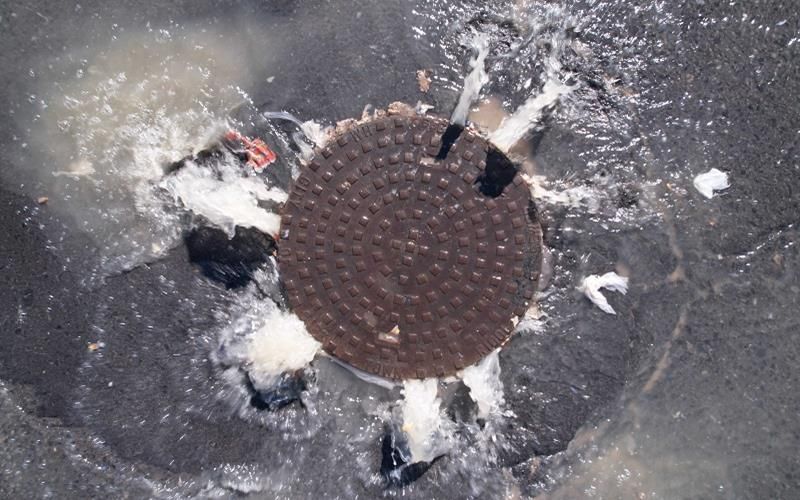In a move towards sustainable development, South African Minister of Electricity, Dr. Kgosientsho Ramokgopa, recently signed a joint declaration of intent with Germany’s Vice Chancellor and Minister of Economic Affairs and Climate Action, Mr. Robert Habeck. This virtual signing took place during a Bi-National Commission between South Africa and Germany.
Establishing the South African German Hydrogen Task Force
The primary objective of this joint declaration is to establish a South African German Hydrogen Task Force. This task force will focus on driving the commercial viability of green hydrogen projects, industry, and infrastructure in both nations. While not legally binding or financially implicating South Africa, the task force aims to foster collaboration within the South African – German Energy Partnership framework.
Objectives of the Task Force
The task force has four main objectives:
- Formalizing bilateral exchange of information and assessments on upscaling green hydrogen.
- Supporting the establishment of lighthouse projects resulting in recommendations for political dialogue.
- Facilitating market access and promoting trade of green hydrogen and PtX products between both countries.
- Encouraging the creation of networks between government, industry, and research institutes in both nations.
Additionally, the task force will prioritize knowledge and information sharing, exploring opportunities for exporting green hydrogen products and PtX products from South Africa to Germany, identifying key challenges and exploring available funding mechanisms.
The Potential of Green Hydrogen
Green hydrogen has the potential to decarbonize hard-to-abate sectors, which cannot be fully decarbonized through renewable energy, direct electrification, or battery storage. South Africa’s Ministry of Electricity sees three broad commercialization lanes for green hydrogen in the country.
Investment Strategy for a Sustainable Future
South Africa’s Investment Strategy aims to position the nation as a preferred African investment destination by attracting and facilitating quality foreign and domestic direct investments. The strategy supports the country’s National Development Plan (NDP) target of achieving 30% of Gross Fixed Capital Formation (GFCF) to Gross Domestic Product (GDP) by 2030. The strategy identifies five nascent sectors with transformative potential for South Africa’s economy, one of which is green hydrogen.
Collaboration for a Sustainable Future
The establishment of the South African German Hydrogen Task Force presents an opportunity for both nations to collaborate and share knowledge to create a more sustainable future. Green hydrogen presents an opportunity for South Africa to become a global leader in green energy.








